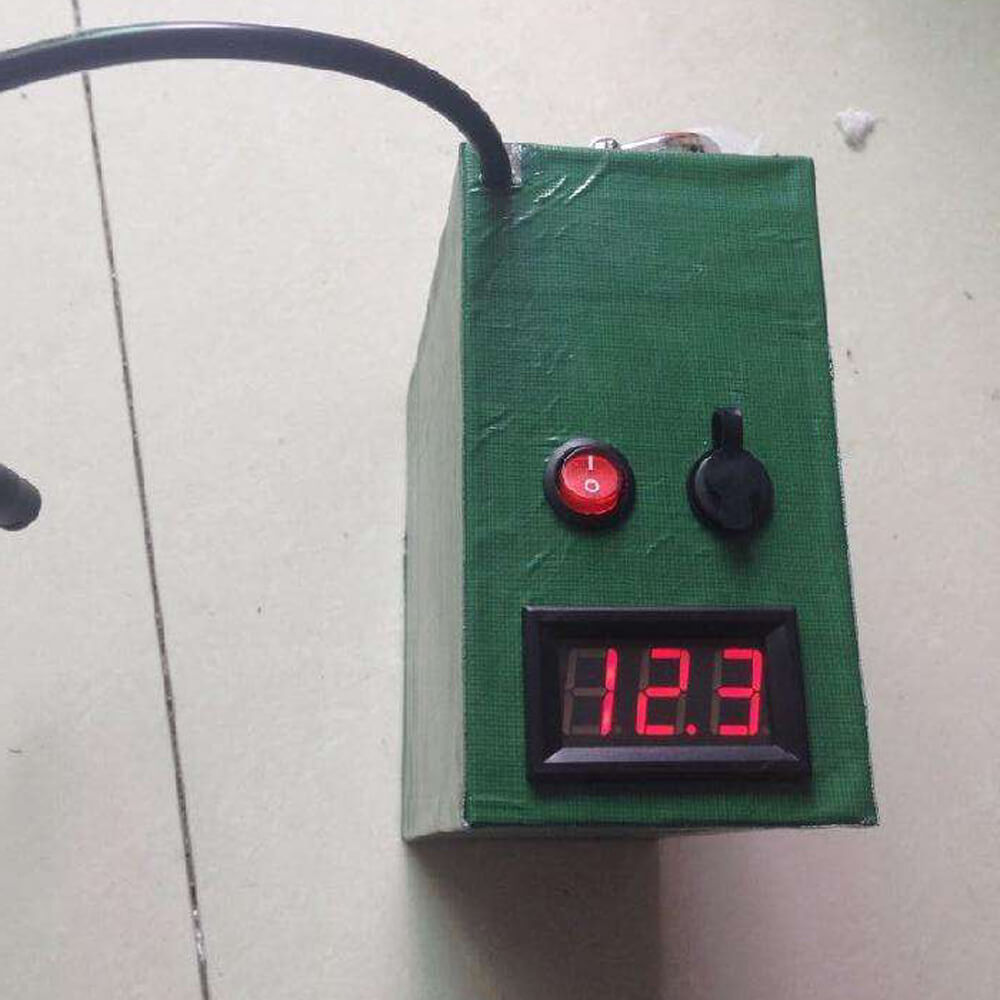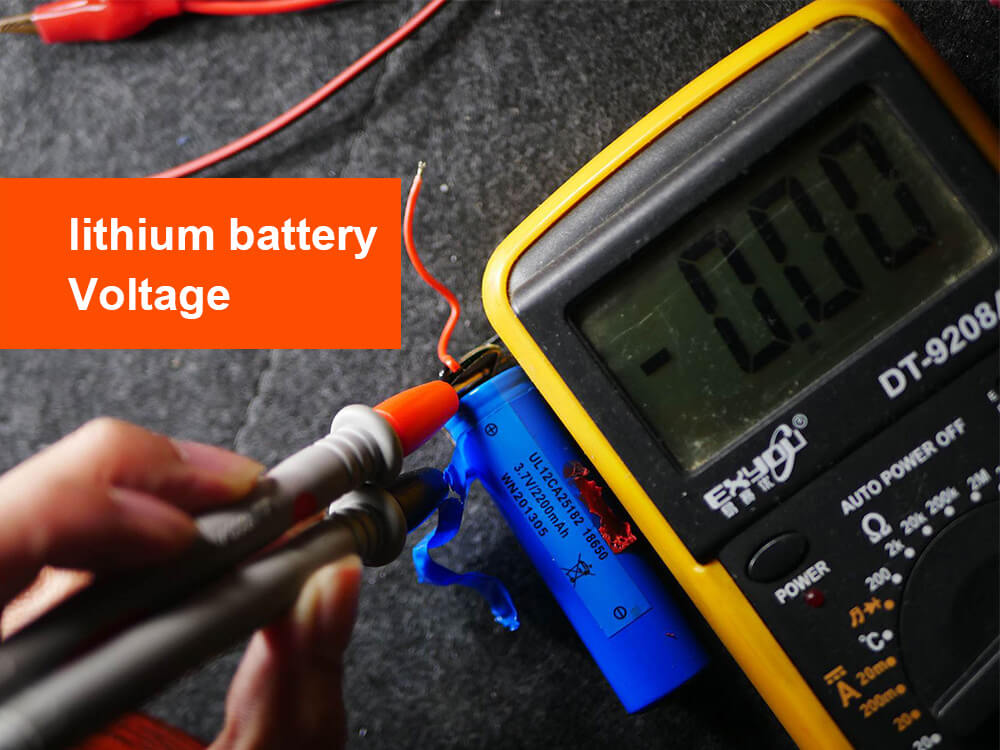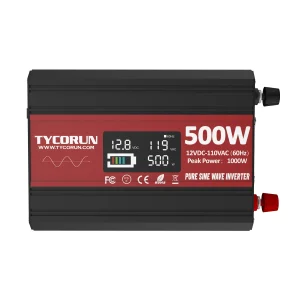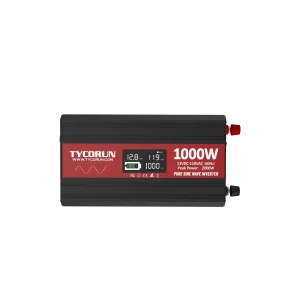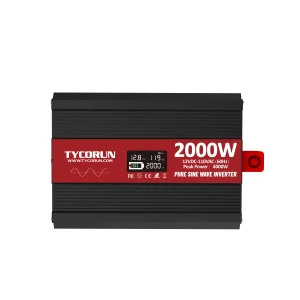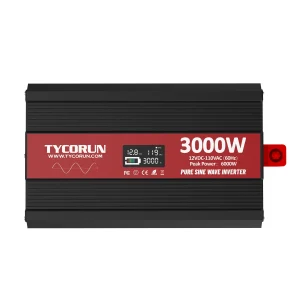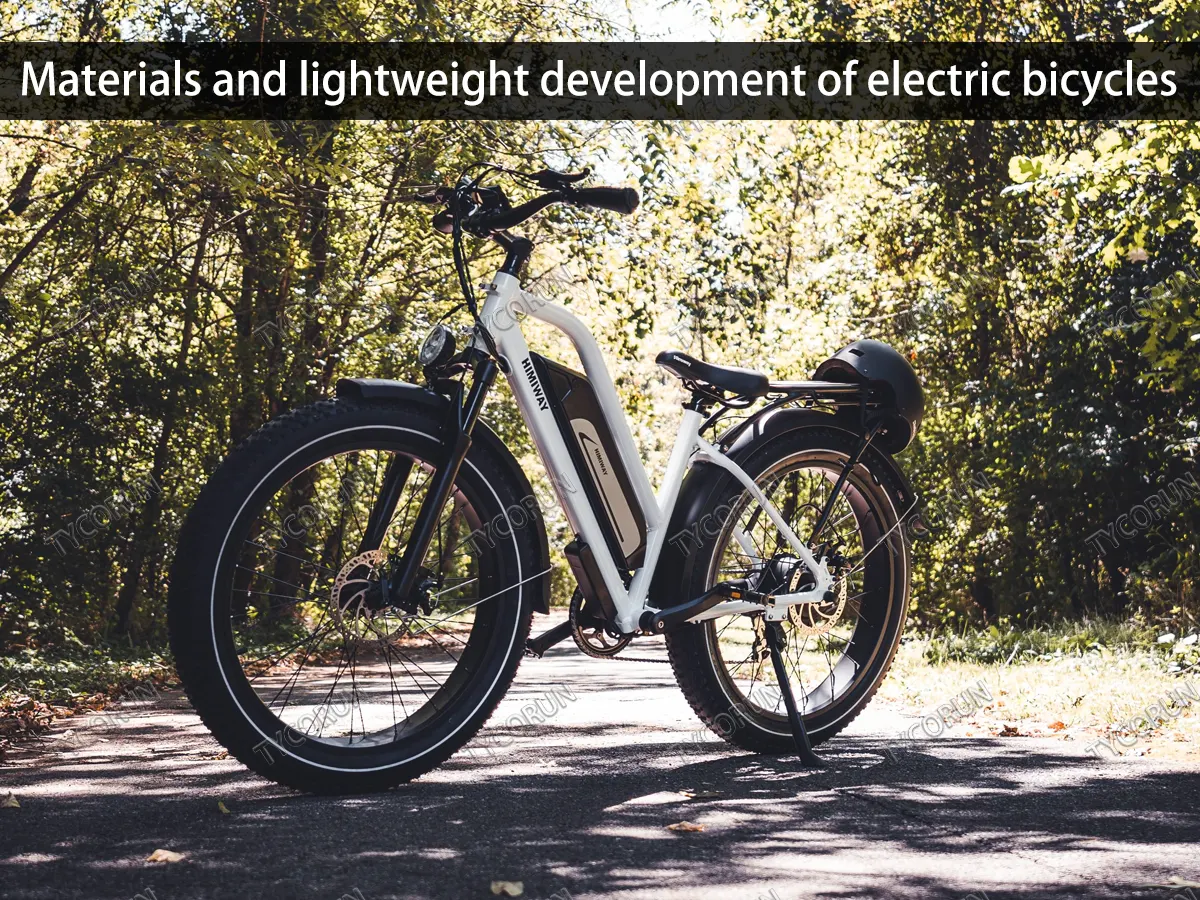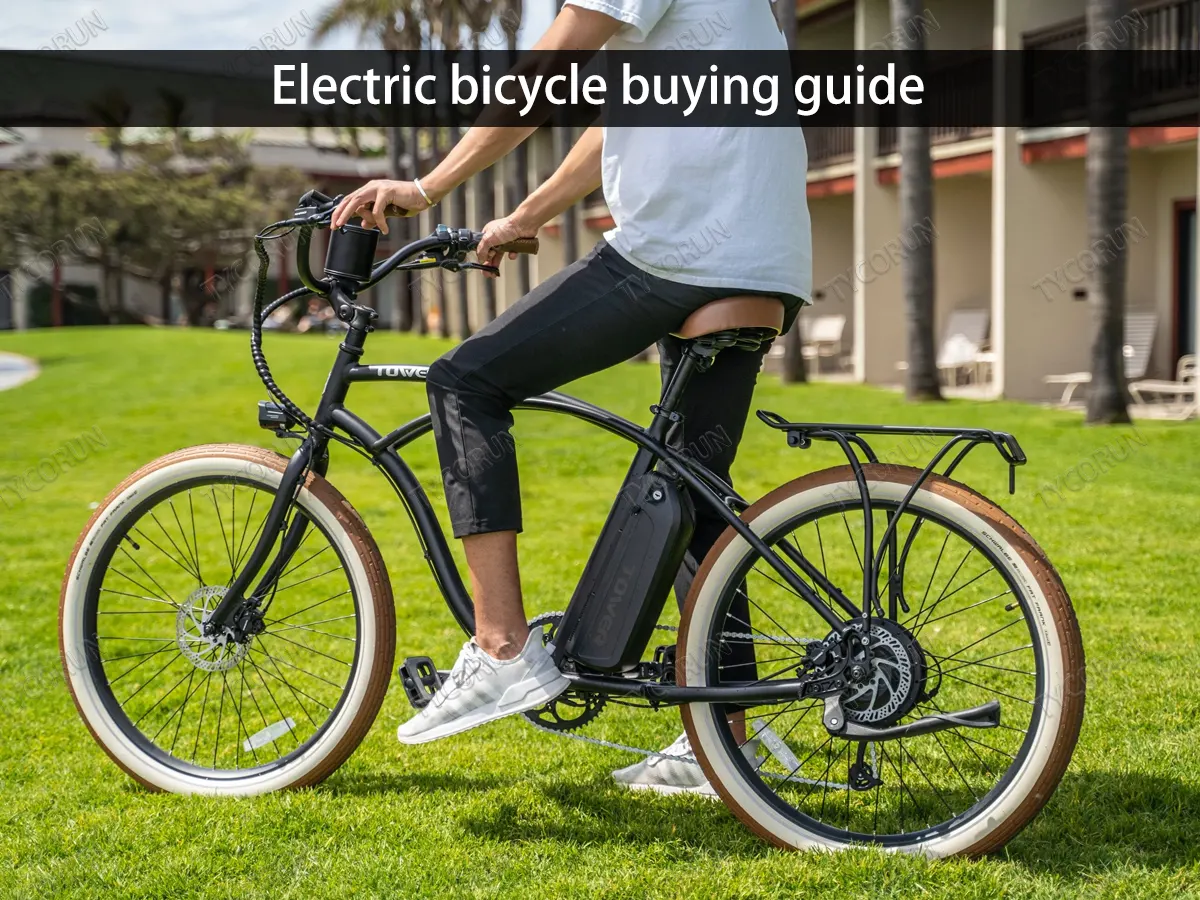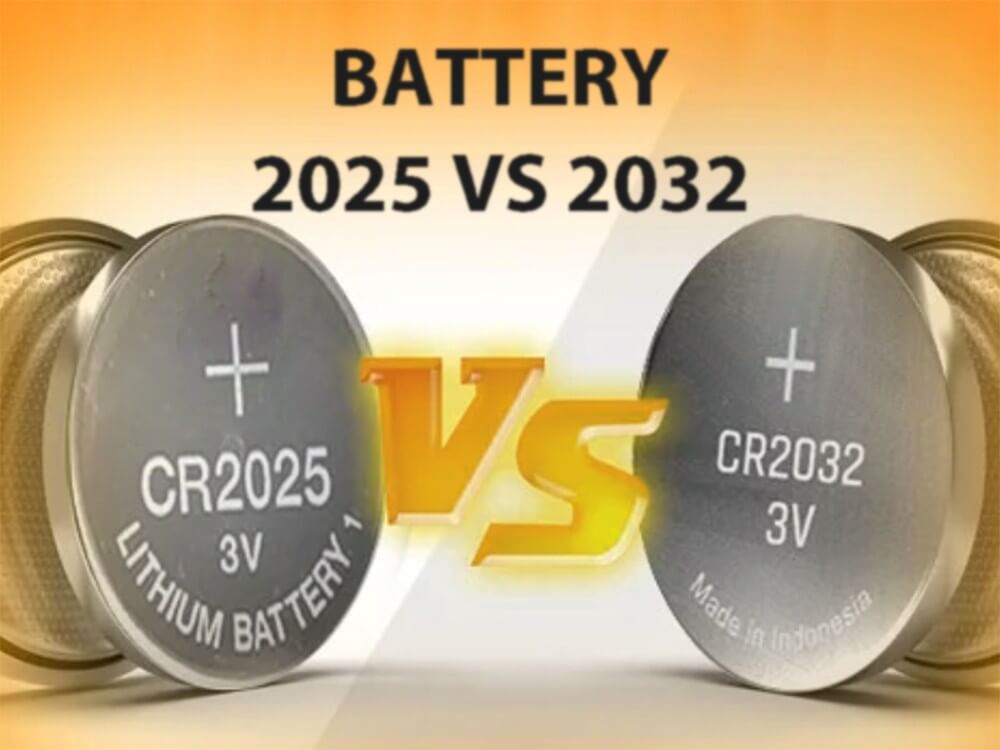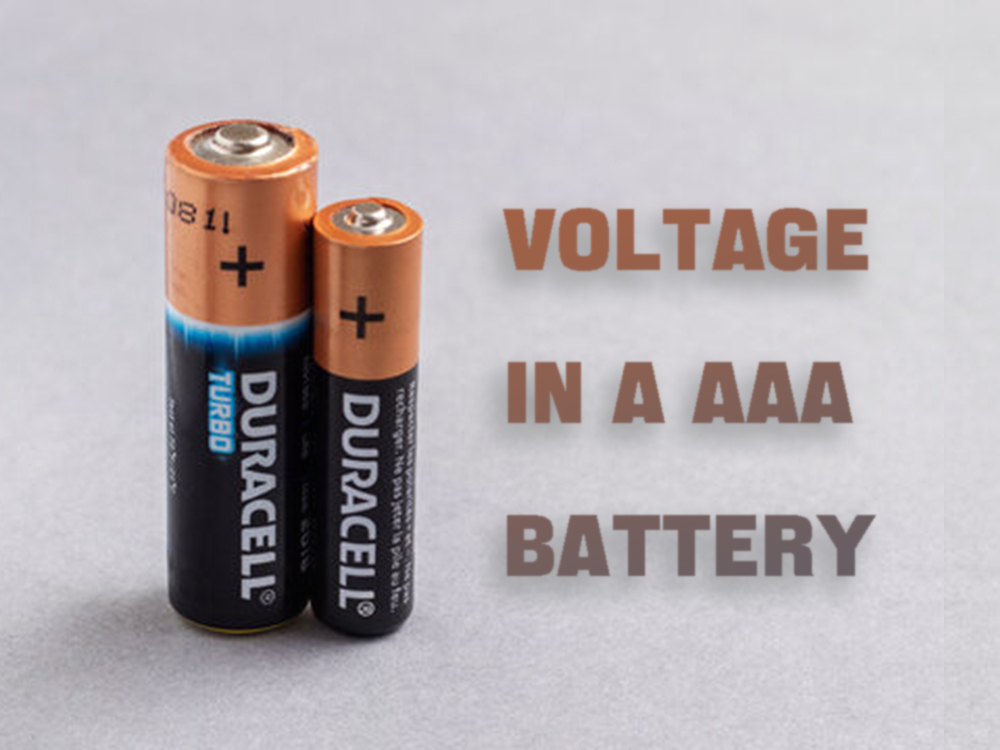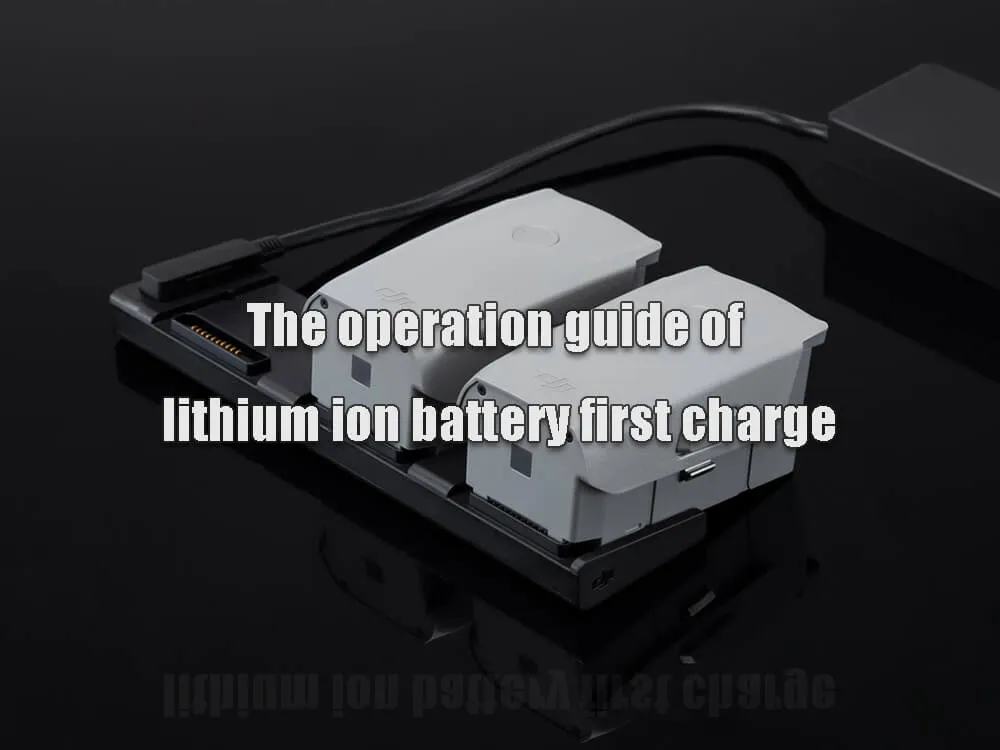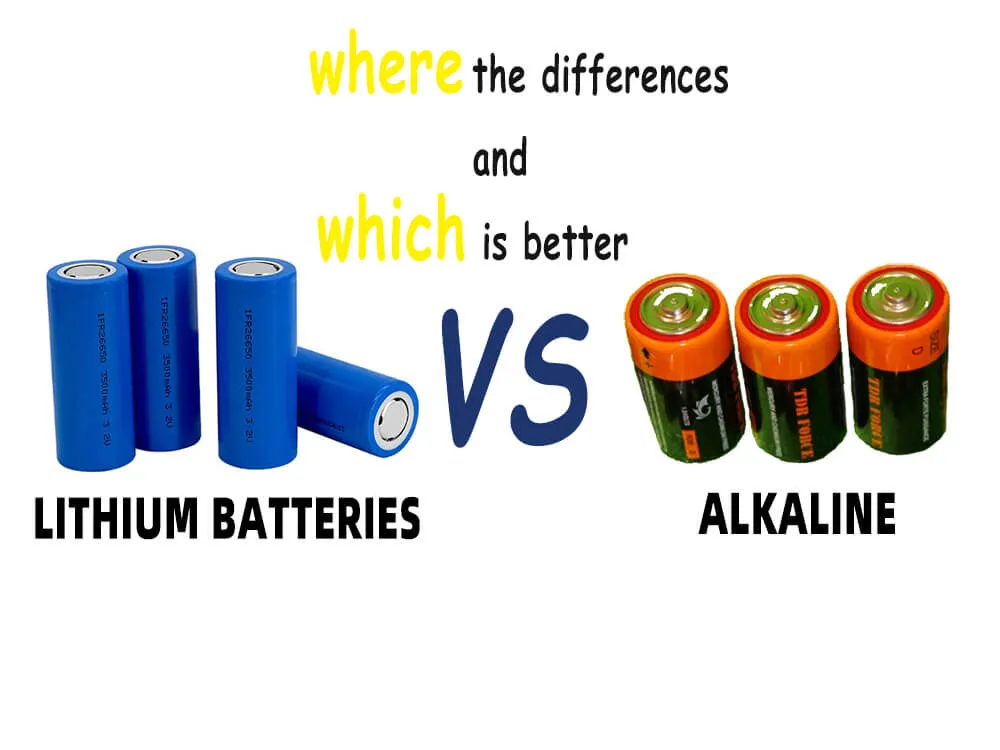Home » Lithium-ion battery safety » Every thing you want to konw about lithium ion battery voltage
Every thing you want to konw about lithium ion battery voltage
- What is “battery voltage”?
- What is “normal”battery voltage?
- What’s the range of lithium ion battery voltage?
- What is the actual voltage of a 12V lithium ion battery?
- My battery voltage is shown as 14V at times. Is it good for the car?
- How to choose the right voltage for charging a lithium ion battery?
- What voltage should I replace my car battery voltage with?
What is “battery voltage”?
It takes energy to move something. This applies to our cars too. Imagine a car rolling down a steep road with the engines off. You may wonder where it gets the energy to gain speed. It is from the pull of gravity. When the car was at the top of the road, it had the “potential” to gain speed. Thanks to gravity.
When your car is not rolling down slopes, it gets the energy needed for movement from its battery. The battery gives the “potential” needed to gain speed. Thanks to the electrical energy stored within the battery. This energy stored in the battery is called “electrical potential energy.” Battery voltage is one measure of this energy. The other measure is the charge stored within the battery.
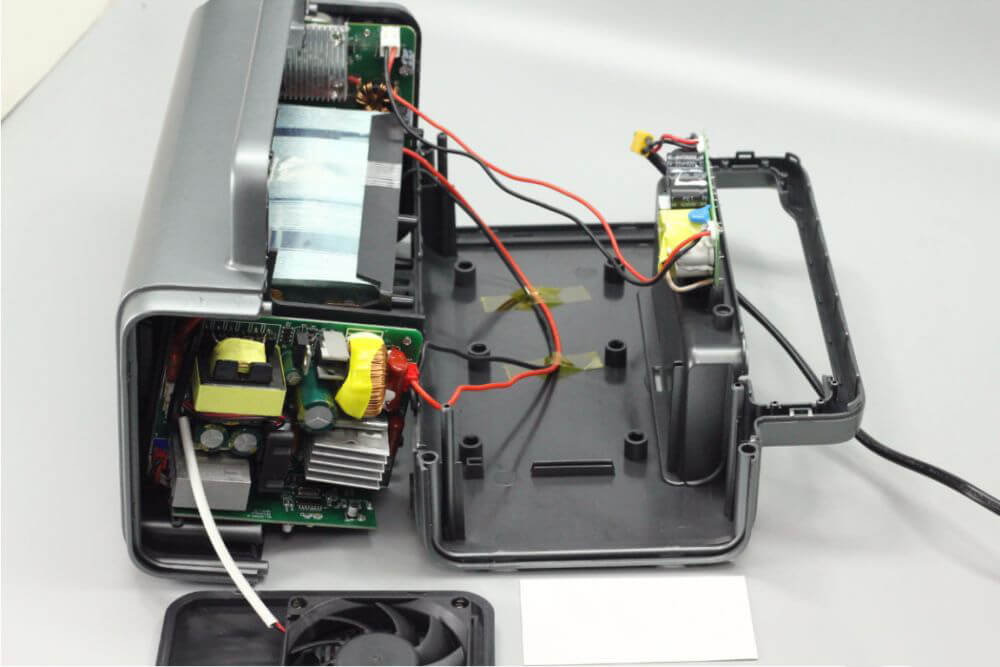
What is “normal”battery voltage?
The voltage of a battery is a measure of the energy that the battery can generate in a unit of time. In other words, voltage determines the power of a battery. As the energy is generated by chemical reactions, the battery voltage varies a little. This variation is determined by the factors that influence the rate of the chemical reaction. However, the battery voltage stays within a small range in most cases and at most times. Unless the batteries have gone bad!
The voltage of battery pack is the sum of the voltages of the cells. The chemicals and materials used in the making of a cell decide its voltage.
Conveniently, the unit of voltage is “volts(v).”
The terminal voltage of a battery cell depends on the chemicals and materials used in its construction, and not on its physical size. For example, primary alkaline batteries which are used in household items like flashlights have a voltage of 1.5V. The button-shaped lithium batteries used in watches have a voltage of 3V. The cells that make up the ternary lithium ion battery, have a voltage of 3.7V.
What’s the range of lithium ion battery voltage?
You may want to ask which battery has the most voltage. In fact, lithium ion battery has the largest single cell voltage among all the current commercial batteries. Lithium ion batteries are used in portable electronic devices and electric vehicles. Lithium ion cells can make up a lithium ion battery. The active chemicals that are used in these cells include the materials of anode and cathode, both of which are compounds containing lithium atoms. Some common cells are, ones having lithium iron phosphate anode with graphite cathode(3.2V), or Lithium nickel manganese cobalt (NMC) oxide anode with graphite cathode (3.7V).
The voltage of these cells can be above or below these values when they are being charged or discharged, respectively. These cells should be within a safe voltage range for optimal function and lifespan. The range of the most commonly used cell is 3V to 4.2V.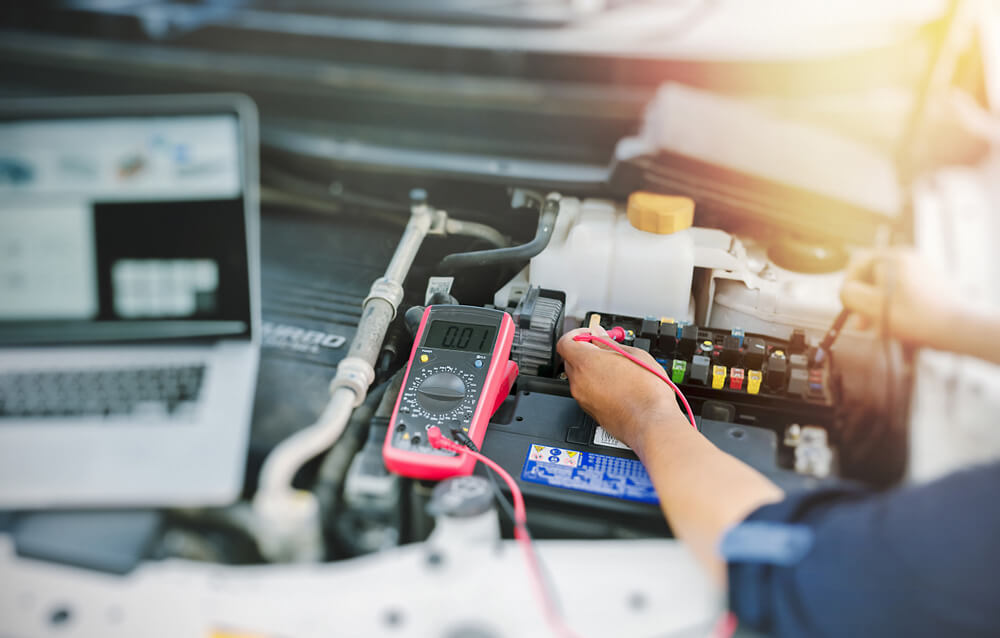
What is the actual voltage of a 12V lithium ion battery?
By now you know that the voltage of batteries takes a range. The voltage varies according to the charge percentage in the battery. The 12V Lithium ion battery is no exception to this. Especially since these are deep-cycle batteries. Meaning, they are discharged almost completely while being used.
Lithium ion battery voltage range for a 12V battery depends on the internal chemistry of the battery, its age, its temperature, and continuity of use. Lithium ion battery voltage of 12V is seen in Lithium Iron Phosphate (LFP or LiFePo) batteries. The voltage of LFP batteries ranges from 10V to 14.6V, depending on the charge status of the battery. However, for best life expectancy the battery should be used at a voltage above 12.9V. This translates to, charge status of above 30%.
My battery voltage is shown as 14V at times. Is it good for the car?
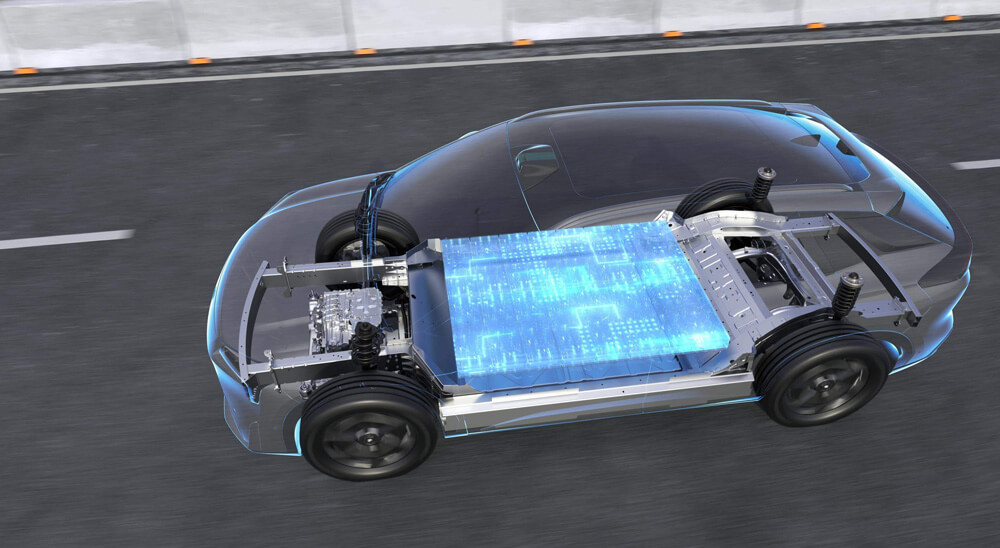
How to choose the right voltage for charging a lithium ion battery?
Chargers must be selected considering the full charge voltage and the capacity (C Ah) of the battery. It is healthy to charge using a voltage of 4.2 volts per cell. Meaning, you can charge a battery with three cells connected in series with a charging voltage of 12.6V. A lithium ion battery of capacity C Ah can be charged at C Amperes. If the capacity is 20 Ah, it is charged by a 20 A current.
What voltage should I replace my car battery voltage with?
